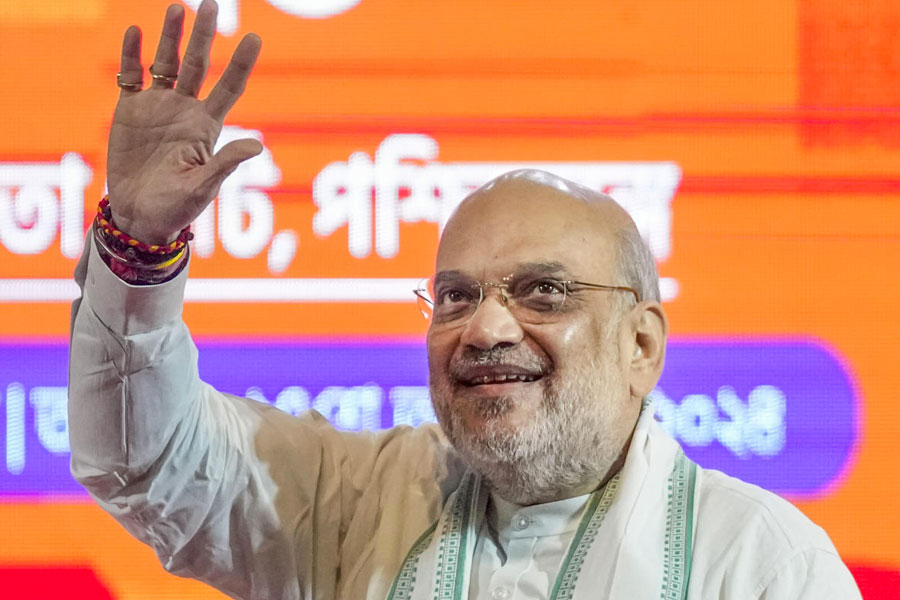The vote of the tribal people has the potential to heavily influence the outcome of elections in poll-bound Jharkhand. Of the state’s 81 assembly constituencies, 28 seats are reserved for the scheduled tribes. Tribals account for a little over 26% of the total population in this state. Little wonder then that the two principal contestants, the ruling coalition comprising the Jharkhand Mukti Morcha, the Congress and the Rashtriya Janata Dal and the Bharatiya Janata Party-led National Democratic Alliance that is in the Opposition, are leaving no stone unturned in their bids to win the dominant chunk of the tribal vote. Of the two, the BJP’s strategy is more radical and deserves closer scrutiny. The BJP has learnt anew the centrality of the tribal vote after its rejection by this constituency in the 2019 assembly election. This time, the party’s outreach to Jharkhand’s tribal voters seems to be based on two strategies. The first one is the shrill claim of tribal land, resources and demography being endangered on account of infiltration from Bangladesh. That this theme may have some purchase on the ground is suggested by the Jharkhand High Court’s decision — it has been challenged by the state — to appoint a fact-finding team comprising Central and state officials to look into the allegation of infiltration.
The other, equally controversial, weapon in the BJP’s arsenal is its push for a Uniform Civil Code in Jharkhand but with immunity to tribals. This too is an instance of the BJP’s propensity to exploit divisive issues for political gain. Ironically, the initiative also bares the BJP’s political and ideological opportunism. In principle, the UCC — deemed undesirable and unnecessary by the 2018 Law Commission report — argues for the creation of a common set of laws for the entire nation. By this logic, all communities irrespective of their rituals and special codes would have to adhere to the UCC. But the BJP has pressed for tribal exceptionalism: surely the lucrativeness of the tribal vote has necessitated such an exception. What must be noted is that such benevolence in the BJP’s scheme of things is not uniform. The personal laws of Indian Muslims have not been accorded the kind of immunity that the BJP is willing to extend to the tribals in the context of the UCC. Whether the BJP’s twin ploys would help it pocket Jharkhand remains to be seen. What cannot be doubted though is its readiness to window dress interventions — the UCC, for instance — according to electoral exigencies.











